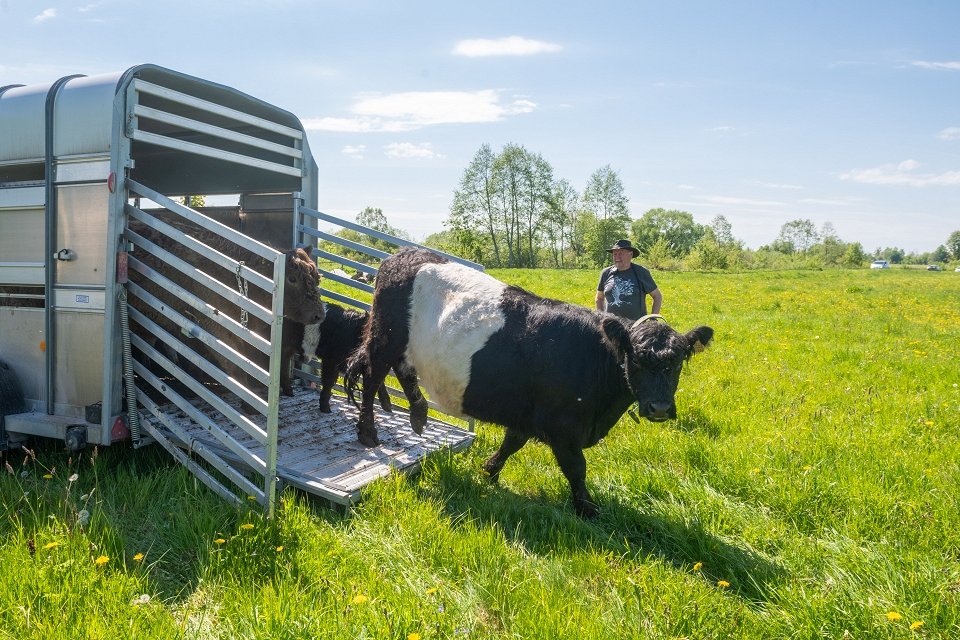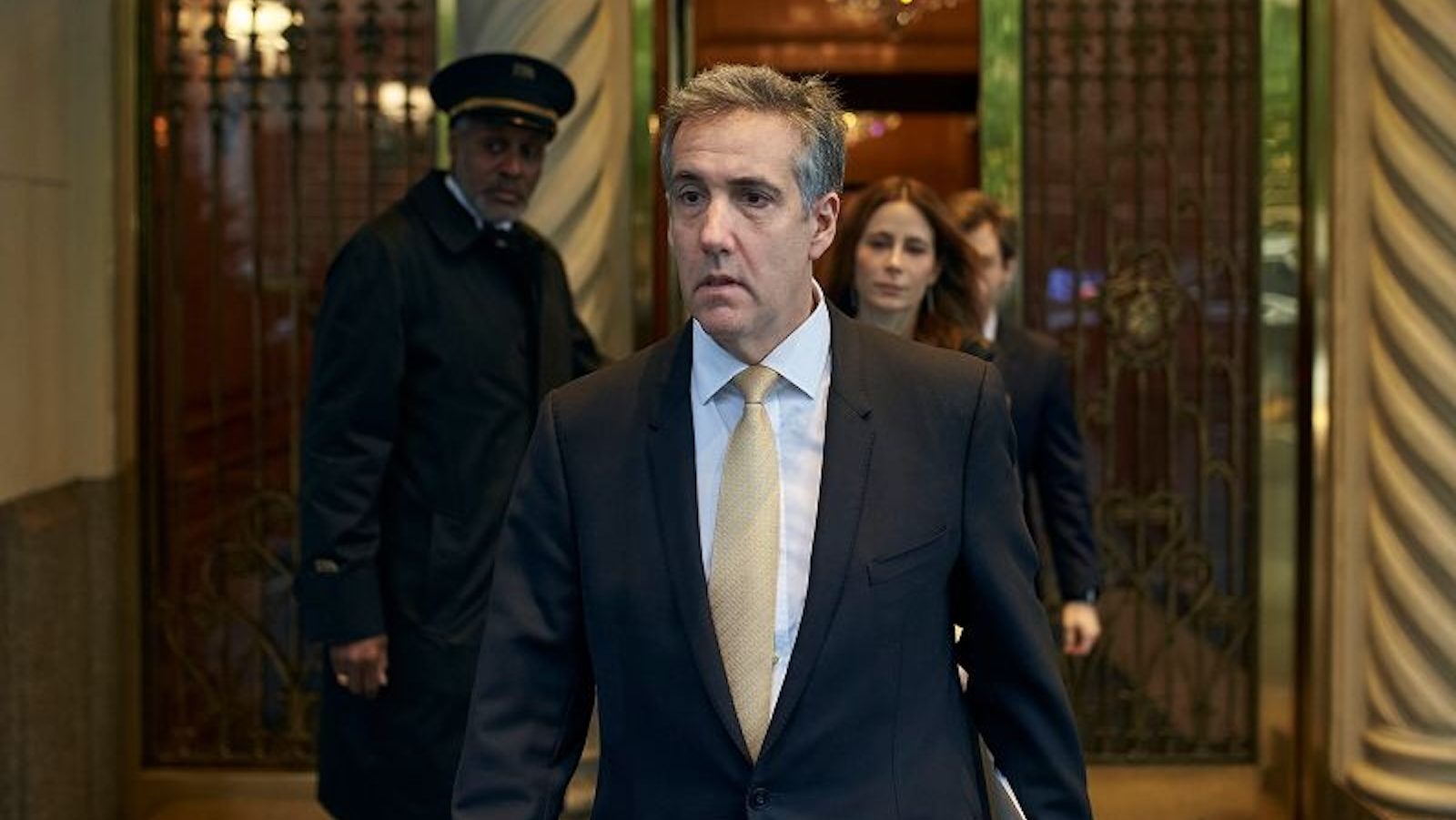#Local #dental #care #access
The door of the Gabriel-Sagard residence, in the Saint-Michel district of Montreal, opens to reveal around thirty feverish people. Some sit and some stand. Between them, zigzag around ten health professionals in lab coats.
The corridor leads to the community room, the same where, usually, dancing, embroidery, or elders have coffee. Today, the room is home to this neighborhood’s Community Dental Hygiene Clinic. This traveling clinic offers free oral health care to the citizens of Saint-Michel.
“We could have it three times a week, the need is there. We had to refuse people today,” exclaims Martine Hilaire, ITMAV community worker (community work initiatives with seniors in vulnerable situations) for the neighborhood.
This program makes it possible to reach vulnerable seniors, or at risk of being so, who are neglected by community and public services. The community worker guides them to relevant resources regarding health, well-being and autonomy.
When a senior has dental problems, it has an impact on their diet but also on their socialization. “The person will isolate themselves and their health will deteriorate even more. It’s a wheel that turns. This is why we will accompany them to the clinic, explain care to them and reassure them, so that they understand and have access to what they need,” explains Ms. Hilaire.
For Fadila, 75, this is her second visit to the community clinic. “I came last year and the staff is wonderful. They looked to see if I had cavities but also looked at my palate, the mobility of my mouth, while giving me advice on how to brush my teeth better,” she explains.
The community in the mouth
“The clinic is free. We expect the government to help us repair our mouths,” says Fadila.
There has recently been good news for the dental health of Canadians, particularly seniors. The federal government launched its Canadian Dental Care Plan (RCSD) and more money will be given for children and the elderly. People whose family income is below $90,000 will have free access to dental care.
“We have been documenting the link between dental infections and heart problems or even low-weight babies for 20 years,” recalls Dr. Christian Caron, full professor at the Faculty of Dentistry at Laval University and also founder and director of Center of Excellence on Oral Health and Aging.
In the Quebec region, with his mobile clinic, he visits people losing their autonomy and seniors in CHSLDs. This large portable dental case that he places in a bedroom or living room brings the dentist closer to people less likely to visit a clinic.
“These are people who take many medications that promote bacteria. They also have less saliva to counter them and lose their fine skill of brushing well,” notes the specialist in gerontology and dental care.
He also sees patients with Alzheimer’s and other illnesses that make it difficult to cooperate with the dentist. This therefore requires a great deal of adaptation of care. “I aim for quality of life, more than repairing teeth at all costs. These are more treatments adapted to the situation and to old age,” explains the dentist.
A public health mobilization
Professor Vicky Potrzebowski, from Collège de Maisonneuve, supervises the small, somewhat feverish team, made up of eight trainees, three internship supervisors and, for the first time, a dentist – Dr Rezania Shahrouz. The coordinator has an eye everywhere, particularly on the graduating students.
“The public dental health course,” adds Vicky Potrzebowski, “takes our students to see a diverse clientele in the neighborhood, from 4-year-old kindergarteners to high school students, those from special needs schools, to seniors in CHSLDs and people in francization. This will lead them to be more comfortable receiving them in private practice. »
Saint-Michel “is a neighborhood where there are a lot of people with immigrant backgrounds and low income, and very few dental services,” notes Vicky Potrzebowski, who is a teacher of dental hygiene techniques and co-founder of the clinic. mobile.
The idea, however, comes from community agent Alexandre Boucher Bonneau, union advisor at the CSN: “there are many people in our neighborhood who lack access to this care due to lack of financial means and who are also less able comfortable in French or who cannot get around easily,” explains Ms. Potrzebowski.
“We offer oral health screening clinics during one-off visits, and we will direct them to a dental clinic or a care program according to their profile. »
Providing dental care to people who are below the low-income threshold is a drop in the ocean of needs. “We are more accustomed to the patient visiting the dentist. Here, it’s the opposite. Word of mouth shows that this is a need for many seniors who also lack information on access to services,” notes Ms. Targowski, who is also coordinator of the Mouth B project.
Bouche B is an initiative launched 10 years ago by the Foundation of the Order of Dentists of Quebec with 800 volunteer dentists responding, depending on their availability, to dental emergencies for vulnerable people.
“This is the first year that we have provided a volunteer dentist and we will repeat the experience,” announces Ms. Targowski. This is, in fact, complementary to the hygiene and prevention care currently being deployed in this disadvantaged neighborhood.
To care for vulnerable mouths
“We are given a lot of good advice and how to take care of our teeth,” says Marie Rosita, 88. The eldest from Haiti has problems with her dentures. A dentist had made one for him, but it hurt his mouth. Pain such that she prefers not to wear it, which has an impact on her diet and quality of life.
The seniors gathered today at the clinic have a lot to tell. “They tell us about their dental problems but also about their family and their lives. It’s a social experience and it leads to a different approach: slowing down and taking the time to listen,” notes 3rd year student and dental hygiene graduate, Marilyne Tremblay.
The dental hygienist from the CIUSSS of the eastern island of Montreal, Mélanie Després, who supervises today, adds: “It’s far from the school context, for these students. You have to make eye contact with the person, be empathetic and popularize, while not going into too much detail. Here, there is a lot of advice, screening and little care, but also a lot of teaching. »
The clinic begins with the viewing of a slideshow on tooth brushing and cavity prevention habits. Each visitor will be entitled to a mouthwash highlighting the less affected parts with the toothbrush. Which gives an incomparable pink smile…
As phase two begins, the mobile clinic staff will implement more advanced preventive care, including the application of a desensitizing agent to the teeth, or even small cleaning treatments for children, intended to familiarize them with these treatments and remove anxiety in the youngest.
Prevention, local services and accessibility of care: “this requires visits to living environments, to those who are aging and cannot travel. It’s a question of overall health and support, a responsibility of the community,” adds Ms. Hilaire.
As April, which is Oral Health Month in Canada, ended, this initiative learned that it will be enhanced. A little financial help will allow this event to continue in a neighborhood that really needs it.











